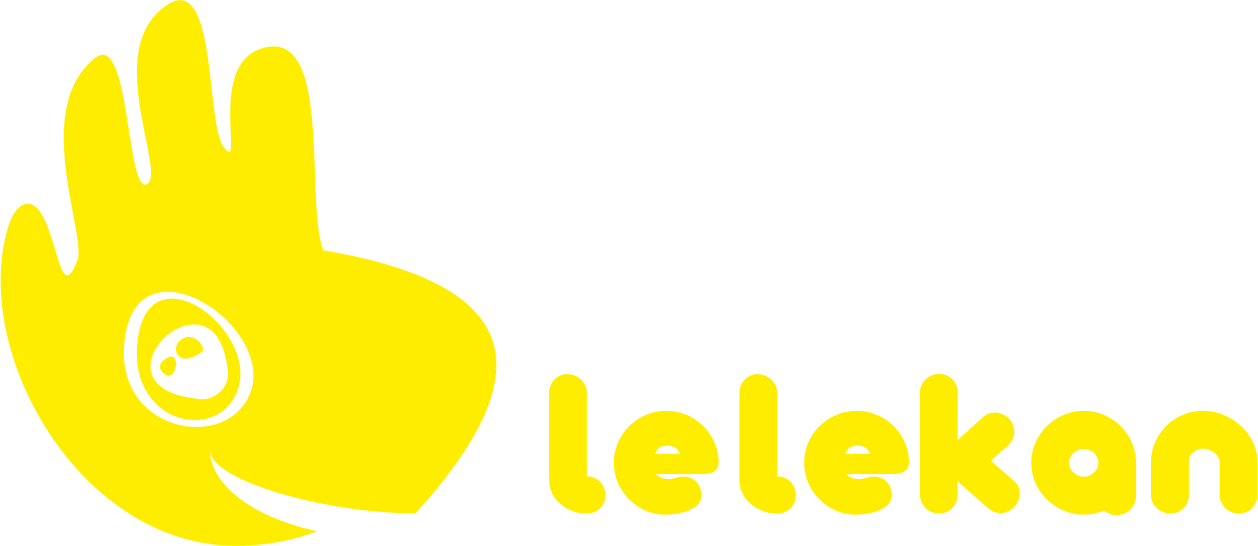Review of Board Game Beer and Bread
Related Products
Designer Scott Almes is best known for the Tiny Epic series of games published under his Gamelyn Games label. Our team reviewed about five of them, and we generally found the games to be okay—nothing incredibly special, but nothing incredibly bad either.
Then I reviewed Roller Coaster Rush, another Almes design, and it was probably the worst game I've played in 2023. Really terrible. So, based purely on recency bias, I was a little freaked out when I opened the box for Capstone Games' US-published Beer & Bread 2022 edition.
Almost immediately, these fears disappeared. If Beer & Bread landed on my desk in 2023, I'd probably name it my favorite two-player-only game, just ahead of Sky Team.

A LITTLE OF THIS, BUT NO MORE OF THAT
My review of Beer & Bread starts with a scoring system. A bit like Between Two Cities, New Ark, Tigris and Euphrates and other classics, Beer and Bread is a race for points by completing orders on two different sets of cards, beer cards and bread cards. The lower of the two scores becomes the player's final score, so balancing is key to victory.
Each player represents an unnamed village upstream from the opposing village. For six years, the villages will hold friendly competitions to see who can make the most beer and bread. Each year is a circle, and each circle is simple. Given a hand of five cards, players must use a card for one of its three functions.
Harvest and Store, which produces one of the game's five resources, which will be stored in a nine-room warehouse.
Craft and Sell, an order fulfillment feature that requires the player to spend 4-7 resources to obtain a card
Upgrade and clear by requiring a player to slide a card under certain parts of their side of the board to have permanent or ultimate power. It also allows you to move score cards from the bakery and/or brewery to get points at the end of the game.
In odd-numbered rounds, players play one card each and then exchange hands. In even-numbered years, players keep previously played Harvest and Store cards and add new cards to their hand for new play options.

Beer & Bread instantly became one of my favorite multiplayer card games because the card options are usually very complex. Over the course of three games—once with a very experienced player, once with my wife, and once with my nine-year-old daughter—I was surprised how often I was torn between two or even three options on a card before making a choice. That said, it didn't slow down the game significantly, as all of my activities lasted less than 30 minutes.
The card system is so smooth. The Collect and Store action stacks, so if I play the second card of the Collect and Store action, I get all the resources on both cards on my tableau. This means that you can fill up your warehouse quickly, and if you have a good selection of the five resources (water, wheat, barley, rye and hops) you can usually fill the card in the "Produce and Sell" step a couple of times in each round.
I like that the upgrade system is unlimited. Some enhancement cards align with end game points and can be great for setting up early game strategy. I also like that it's aligned with the Cleanse action. By limiting the storage of completed beer and bread cards, it encourages players to use upgrades strategically, and also helps create a production engine or add points in the late game.
It was easy to teach, and the back of the rulebook serves as a common reference aid for players. The box is small—not Tiny Epic small, but still pretty neat—and the rules even go into too much detail about each card upgrade, even though I thought it was unnecessary. If you don't want to read the rules, there's a seven-minute video on the box that you can link to.

ESSENTIALLY Flawless
Beer and bread is fantastic. Easy to learn, easy to play at the table and play in half an hour. I can play with gamers, I can play with non-gamers. Each game will play out slightly differently, and the upgrade system allows players to customize the experience to their liking over six rounds of play.
My only issue, and admittedly a nitpick: hops, the green resource in Beer and Bread. Hops appear as a required recipe on only 19 of the game's 60 cards (only the beer cards, and yes, I counted). In all three of my games, it never felt like I needed the jumps. This is because the other 11 beer cards don't require hops, and instead of spending a Harvest and Store action on a card that contains hops, I'm going to get pretty much anything else. This way I have maximum flexibility when it comes to stocking items that can be spent on beer cards AND bread instead of just beer cards.
Beyond that? I thought Beer & Bread was the perfect game for just two players. It doesn't dethrone 7 Wonders Duel, but Beer & Bread is really good and immediately the best Scott Almes design I've tried. I save it for games with my family!



